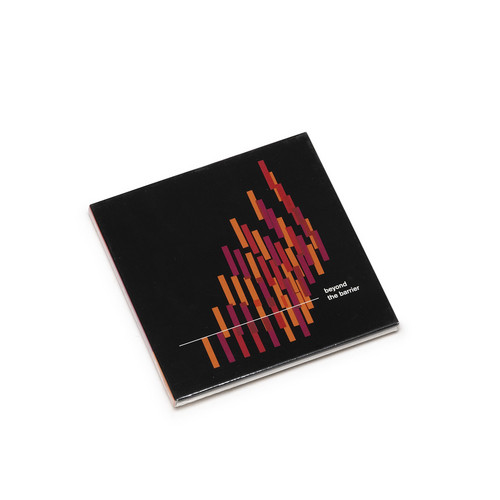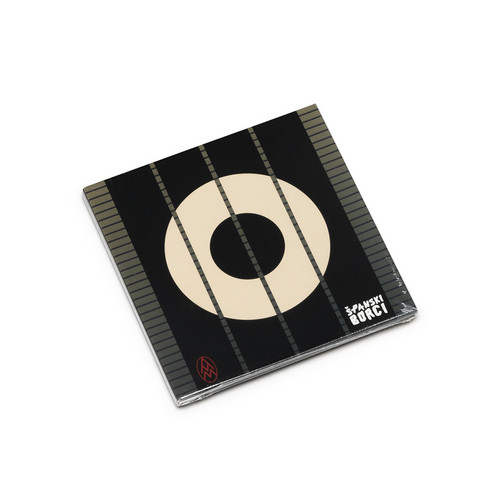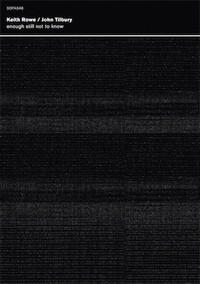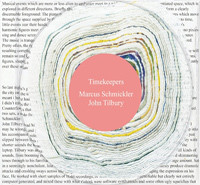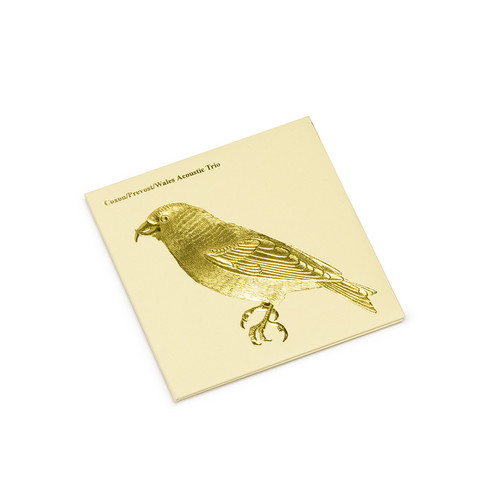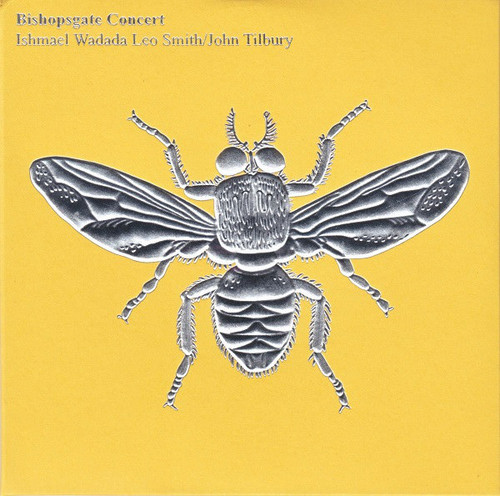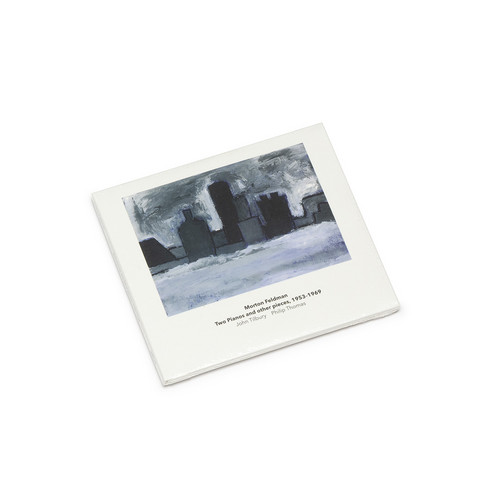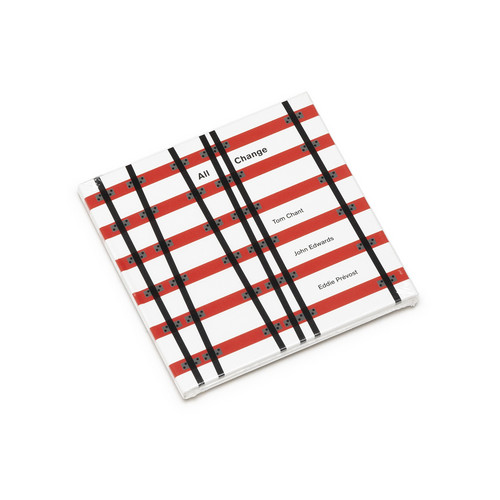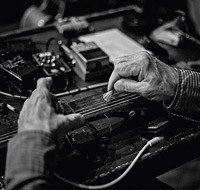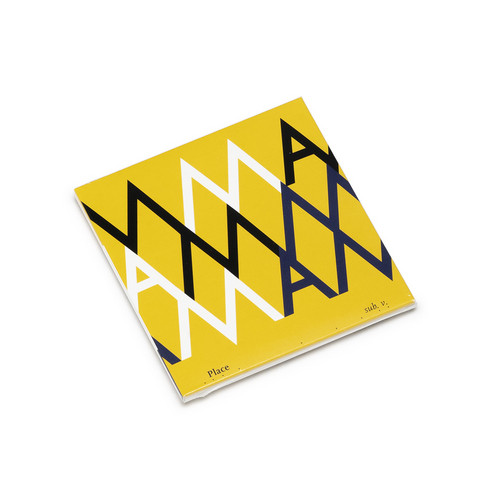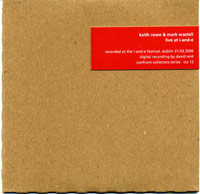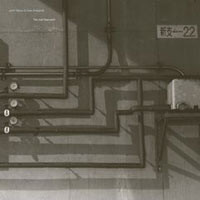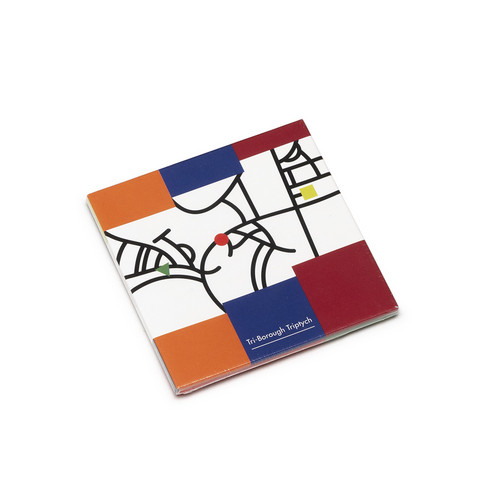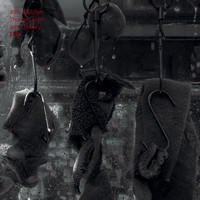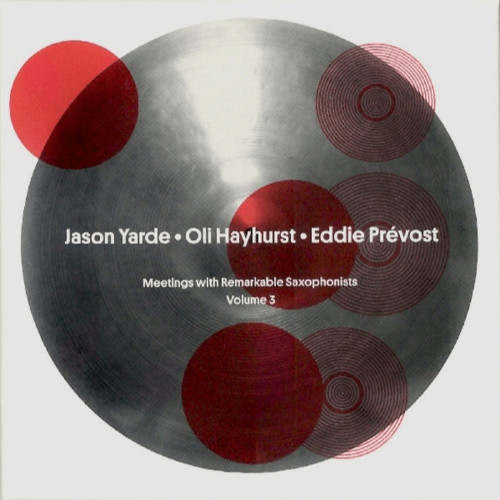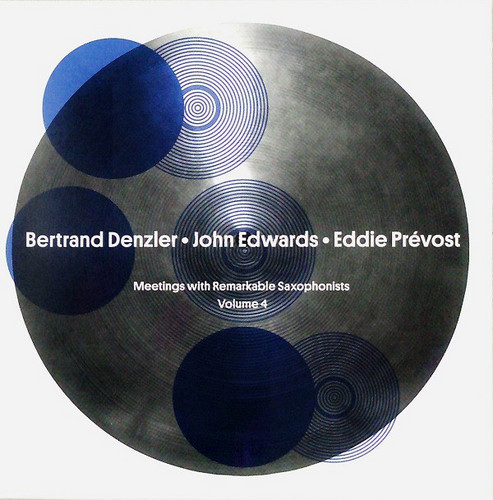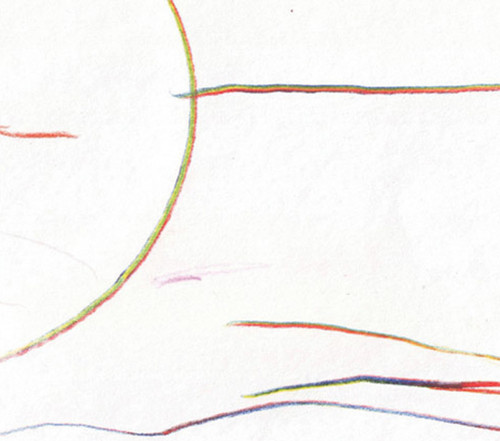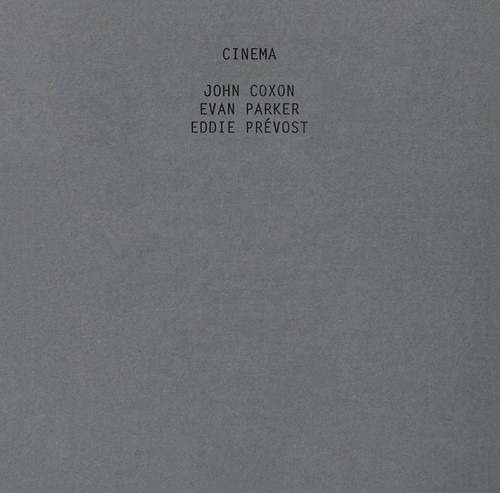AMM
AMM music is supposed to admit all sounds but the members of AMM have marked preferences. An open-ness to the totality of sounds implies a tendency away from traditional musical structures towards informality. Governing this tendency -reining it in- are various thoroughly traditional musical structures such as saxophone, piano, violin, guitar, etc., in each of which reposes a portion of the history of music. Further echoes of the history of music enter through the medium of the transistor radio (the use of which as a musical instrument was pioneered by John Cage)” Cornelius Cardew, Towards an Ethics of Improvisation
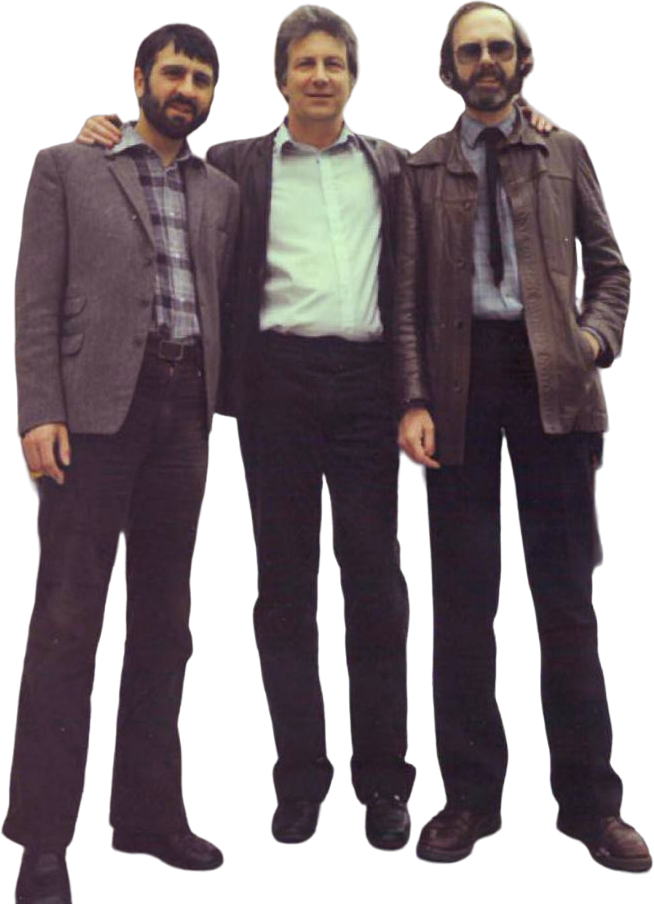
AMM music is supposed to admit all sounds but the members of AMM have marked preferences. An open-ness to the totality of sounds implies a tendency away from traditional musical structures towards informality. Governing this tendency -reining it in- are various thoroughly traditional musical structures such as saxophone, piano, violin, guitar, etc., in each of which reposes a portion of the history of music. Further echoes of the history of music enter through the medium of the transistor radio (the use of which as a musical instrument was pioneered by John Cage)” Cornelius Cardew, Towards an Ethics of Improvisation
